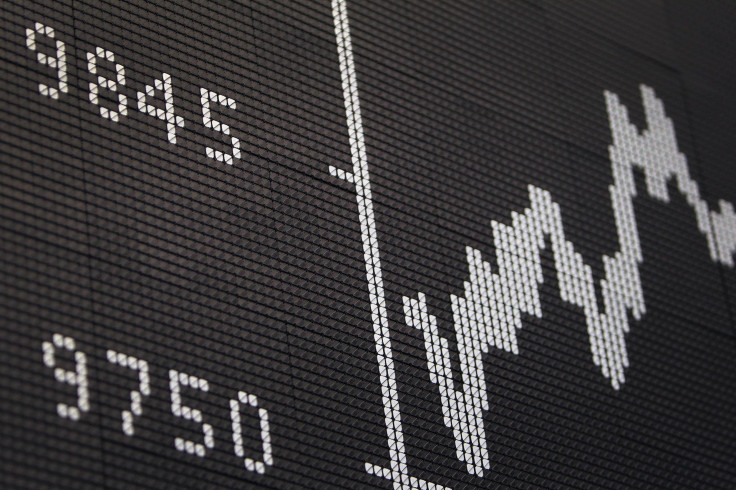European Stocks Climb Back Despite A Turbulent Day In Asian Bourses

After a day of volatile trading in Asian markets, which saw shares in Shanghai close 7.6 percent lower, European stocks opened higher and U.S. stock futures rose Tuesday.
The pan-European FTSEurofirst 300 index, which plunged 5.4 percent on Monday, rose 3.3 percent while the blue-chip Euro Stoxx 50 traded more than 3 percent higher. Shares in London gained over 2 percent while Paris and Frankfurt also bounced back in early trade, gaining nearly 3 percent each.
“We are seeing signs of relief with European stocks opening higher despite China extending its losses,” Piotr Matys, an emerging markets expert at Rabobank in London, told Reuters. “We are trying to decouple but I think it's too early to declare the worst is over though and we are out of the woods. The way I see it is that this is a bit of a technical correction after things got a bit oversold.”
U.S. stock futures were also up nearly 3 percent on Tuesday. However, the scale of these gains was dwarfed by Monday’s wild swings in the market, when the Dow ended the day 588 points down after shedding more than 1,000 points in early trading.
Earlier on Tuesday, China’s failure to shake off the “Black Monday” slump raised doubts over Beijing’s ability to arrest the fall, suggesting a much deeper malaise affecting the Asian giant’s economy. As the Guardian reported, four of the 10 biggest daily falls -- including that on Monday and Tuesday -- in the Chinese markets over the last 15 years have occurred in the last two months.
“We have global deflation, concerns over the strength of the Chinese economy and an overheated equity market,” Al-Hammoury, ADS’s chief market strategist, told the Guardian Tuesday. “A single intervention by any of the central banks is now likely to be of little use – there will need to be a coordinated response.”
© Copyright IBTimes 2024. All rights reserved.





















